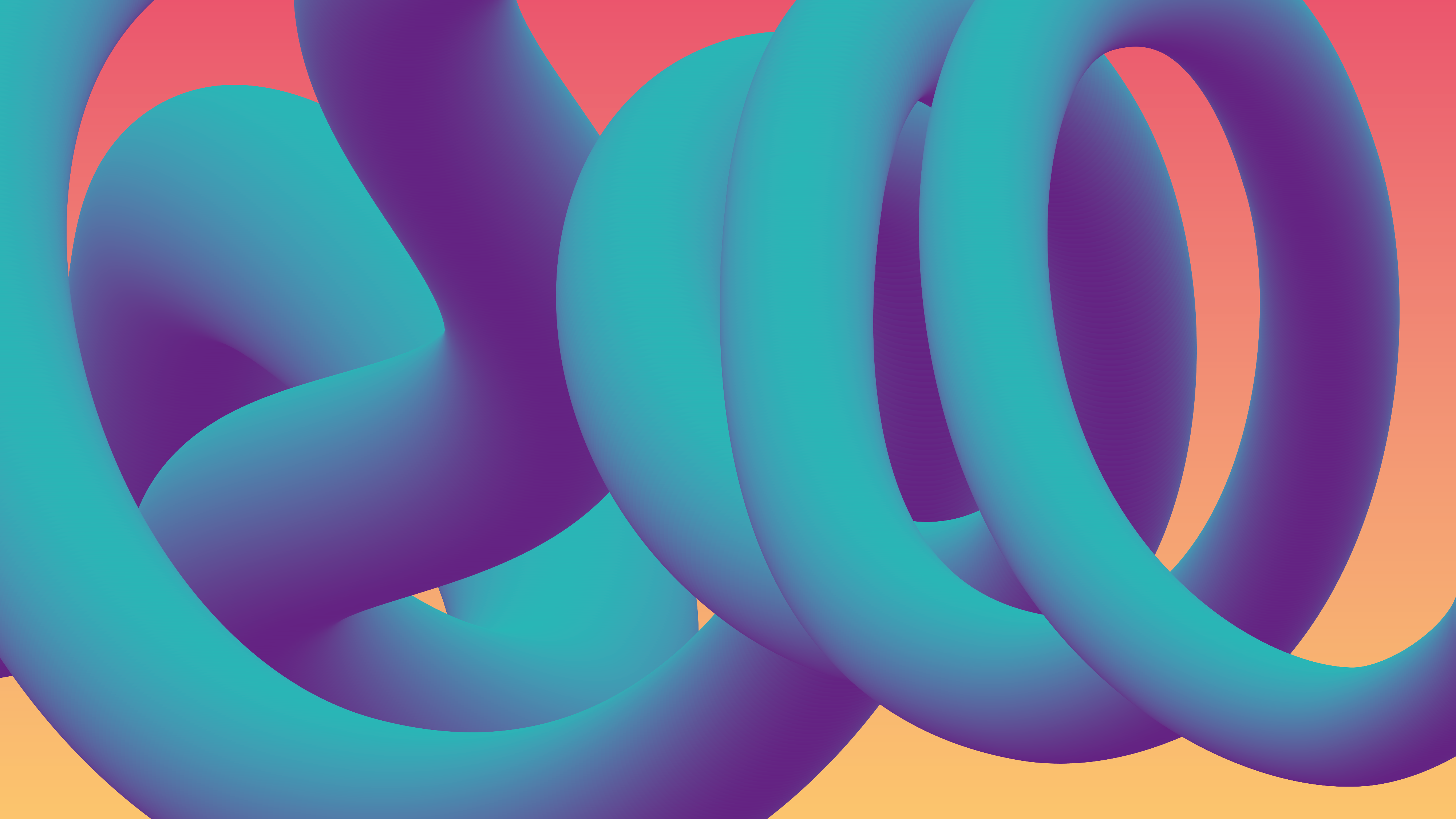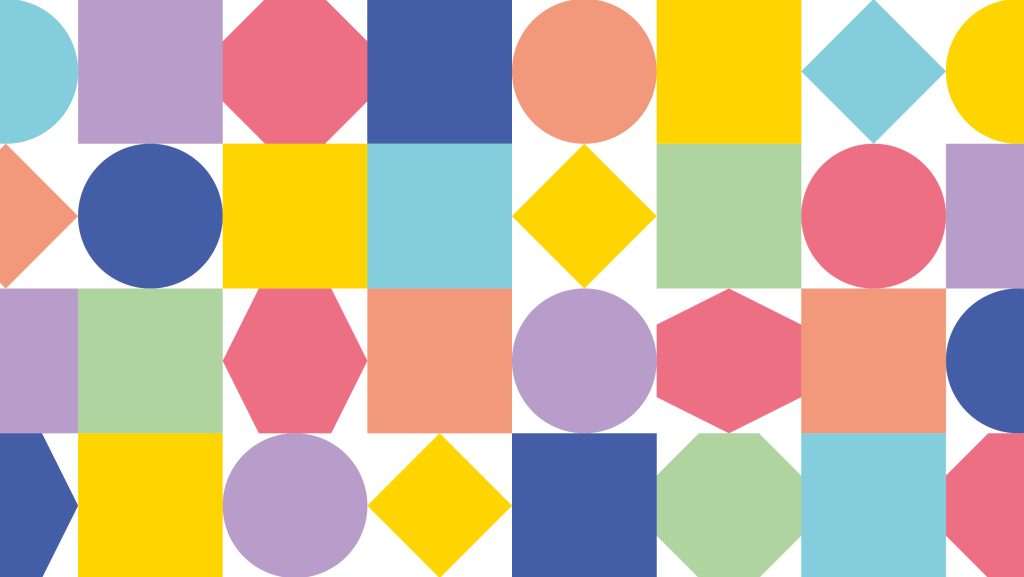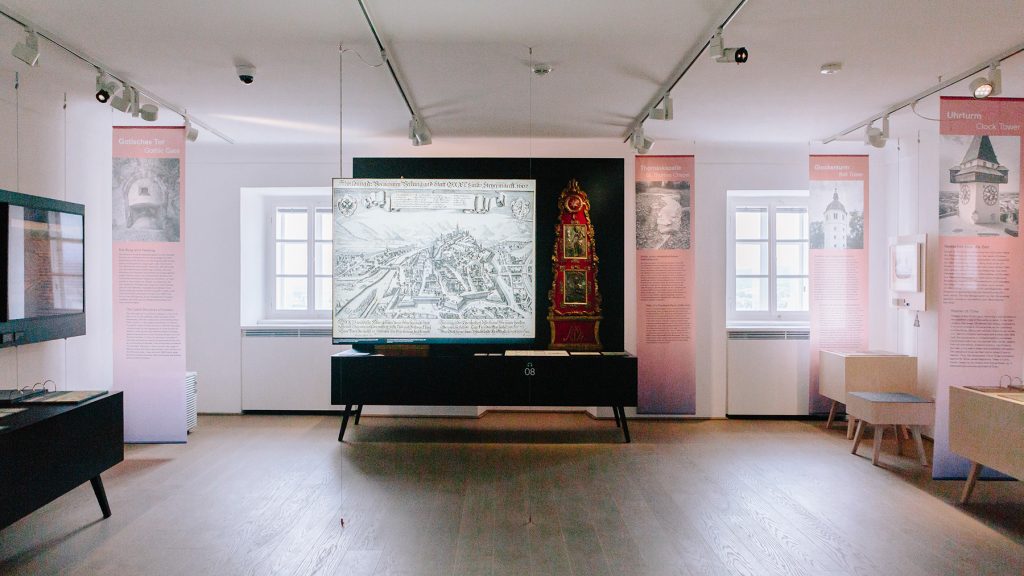
Design: BUERO41A
The City as a Data Field
On the Digital Future of Graz
A Project of the Cultural Year 2020
The pandemic marks the beginning of an interim period. In our response to the natural disaster, contradictions of the fourth industrial revolution become highly visible. The disappearance of the old “normal” in “social distancing” and accelerated structural change opens the view for new opportunities. Now we can decide in which attitude we want to face the future: Passive and submissive or actively designing?
The festival exhibition The City as a Data Field. How We Want to Live in the Future is one of the larger projects of the extended Cultural Year 2020 and is part of the thematic focus “Digital Living Environments”. It raises the question of how the individual and society are doing with global networking, “big data” and “navigating through data”. “First we make data, then they make us”—what possibilities of “humanisation” (Flusser) are opened up by technology, what do we need to consider?
The narrative of The City as a Data Field. How We Want to Live in the Future follows images proposed by the philosopher of technology Vilém Flusser and his plea for moving towards “designing fate” and venturing utopia as a playful testing of alternative possibilities of a “decent” life in response to the crisis. According to Flusser, the “we” to be reconfigured could be “no longer subject to values, but composes them instead.”
Flusser’s visionary background provides the stage for addressing the conflict between efficiency and optimisation versus personal and collective freedom of choice. The City as a Data Field. How We Want to Live in the Future is about the advance of data-driven automatic control into more and more intimate personal spheres of life. Whether “smart city”, “smart home”, choice of partner and family planning, body implant or child rearing—the ubiquity of data control in public and private products and services in the post-digital age of Industry 4.0 demands a reflection on the goals that guide us.
The visitors encounter this narrative of our history in three performative formats that invite repeated active participation:
1. Festival and interactive exhibition in ten themed rooms on the ground floor and 2nd floor of the Graz Museum—with high-level international artworks, historical technical objects and themed installations
2. Ten-week discourse festival on the themes of the exhibition spaces, partly in the Graz Museum and Graz Museum Schlossberg as well as at striking cultural locations with lectures on the individual themes and participation by Graz-based initiatives
3. Thematic tours on changing focal points such as data economy, privacy, security and much more.
4. Accompanying and in-depth discursive web format that also assumes the function of a catalogue that will perpetuate the exhibition.
The festival exhibition The City as a Data Field. How We Want to Live in the Future is
• dynamic, not static; it responds to visitors and changes over time. A performative exhibition in which the contradictory nature of the creative forces and the open-endedness of the development of technology are introduced (not resolved).
• metaphorical, a “stage play in ten images”; it begins with Peter Weibel’s and Christian Lölkes’ eponymous work “The World as s Field of Data”, in which one no longer navigates by the stars but by data, and ends where one is as close to the stars as nowhere else in Graz: on the Schlossberg, near Richard Kriesche’s ARTSAT disc with a workshop to release a manifesto: “How We Want to Live in the Future”.
• contradictory; it leads us into contradictions and experiences, into feelings about the world, but it never radiates powerlessness or dystopia, but confidence; it is about decent living without giving concrete directions. The question is not how I want to live but how we want to live.
• participatory; the festival format invites active participation.
Curators: Peter Rantaša, Otto Hochreiter
Exhibition design and graphic design: BUERO41A
Exhibition design ground floor: studio-itzo
Project controlling: Sibylle Dienesch
Project management: Johanna Fiedler, Angela Rossmann, Franziska Schurig


